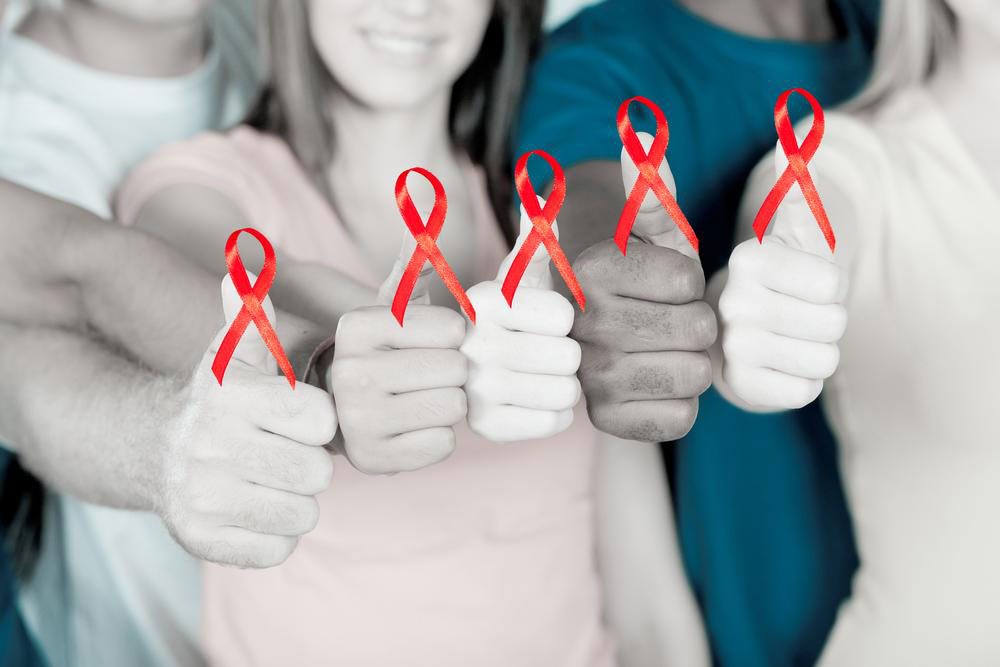Lookout for these early symptoms of HIV
HIV, or the human immunodeficiency virus, is an irreversible disease that takes over the T cells of the body and permanently attacks an individual’s immune system, thus weakening it. A person infected with this virus is HIV positive for life. The HIV virus invades healthy cells and mercilessly multiplies itself in its place. These infected cells, instead of doing their responsibility in protecting the body against infections, unfortunately, encounter a quick death, thus reducing the strength of the immune system and making it a challenge for the body to stay fit.
HIV is a highly contagious infection that can be transmitted sexually, prenatally or through blood transfusions.

If HIV is not diagnosed and treated on time, it could lead to AIDS, the final stage of this infection. Normally, any time between two to eight weeks after being infected, the early signs of HIV infection like fatigue, muscle and joint pain, headache, sore throat, swollen lymph nodes, fever, rash, diarrhea, fungal infection of the mouth, ulcers on the genitals, and night sweats, appear.
However, sometimes after the early signs of HIV infection recede, for many years after, the virus continues to thrive and damage the immune system in the infected person, without causing any major physical ailments. Occasionally, no symptoms are displayed at all. Hence a blood test for HIV is the surest way to find out the existence of this deadly viral infection in an individual.

